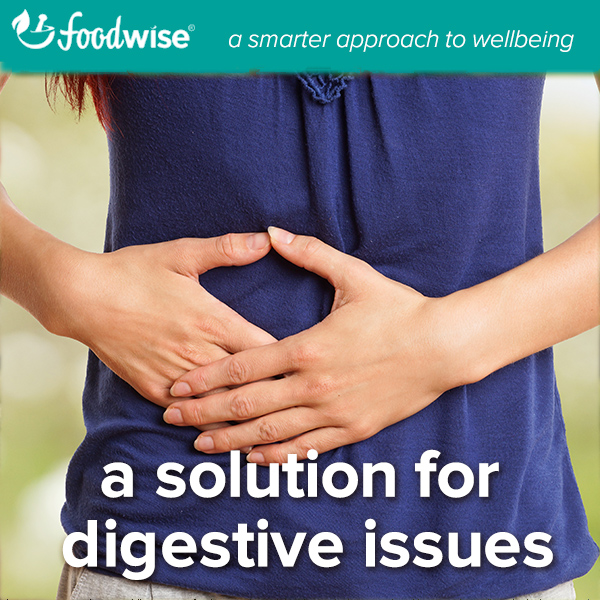It’s not easy to persuade someone who’s used to drinking cow's milk to change his or her habits. As a Nutritionist I’ve long been aware of milk’s negative associations, but I admit it still took me a while to stop automatically adding a couple of bottles to the family shopping cart – well at least it was organic - and there were three teenagers who protested loudly when I did.
White Wash
The dairy industry has done a brilliant job in convincing us that milk and dairy products are a necessary part of good health – and it uses its formidable lobbying power to do so. Young children are told over and over again how milk builds strong bones and teeth. In science class, students are taught that milk and dairy are the best sources of calcium and vitamin D – and probably don’t hear much (if anything) about healthier, more sustainable sources of these important nutrients.
As we get older the focus switches to how low-fat milk can help you lose weight or even prevent osteoporosis - even though all research points to the exact opposite. Then there are those highly questionable (but extremely successful) marketing campaigns that would have us believe that certain yogurts can help build a healthy intestinal environment and even give us a flatter stomach.
Natural?
When you think about it, there’s really nothing natural about consuming cows milk. All mammals produce milk to nourish their young, but human babies weren’t intended to drink cow’s milk that is supposed to be for baby cows. Modern factory farming practices have turned dairy cows into nothing more than ‘milk machines’ living out their shortened lives in pitiful conditions.
We are the only species on earth that consumes the milk of other species in adulthood. We’re so used to having milk in the fridge that it’s easy to forget that humans survived seven million years with no dairy products at all (and by the way, there’s no evidence of bone disease in prehistoric man).
Milk products have only been around 10,000 years – a very short time in evolutionary terms. We lack the enzymes to digest it properly - no wonder 75% of us are lactose intolerant!
Bloating, gas, weight gain and general discomfort are all classic symptoms.
Nasties
But more worrying to me is the cocktail of hormones in dairy products. One of these is IGF 1 (insulin like growth factor 1), which stimulates the very rapid growth of calves. Of course it helps us grow too - the problem is it does this by boosting the division and multiplication of all our cells – including the abnormal ones. It’s not surprising that more and more studies are finding a link between IGF 1 and various cancers. We can go into the sex hormones, pesticides and antibiotics another time.
Perhaps you’re wondering why ‘official’ guidelines (including the Food Pyramid) recommend consuming dairy products every day? Consider that these committees are composed of people with direct affiliations to the dairy industry (hardly a non-biased crowd) and you see immediately why it’s not exactly in their best interests to encourage people to explore healthier alternatives.
If you’d like to understand more on the negative impact big business has on our food choices (and therefore health), I thoroughly recommend Colin Campbell’s book ‘Whole’. He’s the same doctor who co-wrote ‘The China Study’ - which concluded that milk protein promotes the development of cancer – amongst other things. 
Baby steps
I’m not saying we should eliminate all dairy products overnight, but I think we need to accept that modern milk just isn’t the same thing our grandparents (or even parents) drank. While there’s room in a balanced diet for some goat and sheep’s milk products (purer, more nutritious, easier to digest and not factory farmed), my advice is to:
- limit our consumption of cow’s milk products,
- avoid industrialized milk products completely (buy organic) and
- explore healthy alternatives like almond, rice and soymilk.
I won’t deny it takes time to adjust, but even my teenagers have come around.
You too can be foodwise
If you have (or think you might have) an allergy or intolerance to dairy products we recommend signing up for one of our programs. You will find out what is right and what is wrong with all aspects of your diet, and discover which foods are most appropriate for you. It is much easier than seeing a nutritionist face-to-face, and you can pick it up as and when you want. You also get a meal plan including three meals per day, snack and drink suggestions and an overview of recommended lifestyle changes.


